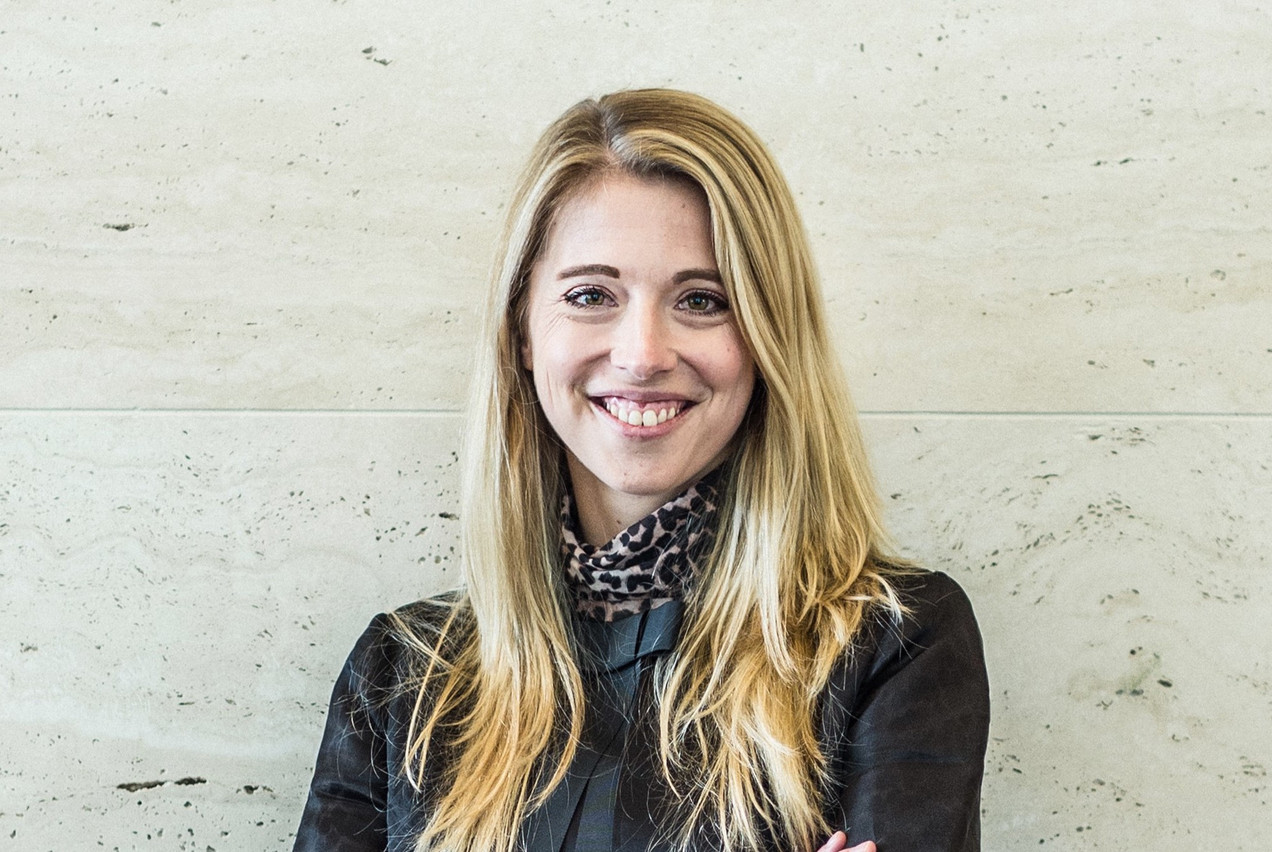To lift the taboo around money and equip tomorrow’s adults the financial literacy they need to thrive, non-profit Jonk Entrepreneuren Luxembourg has been offering practical courses on money and all it entails to students aged 14 to 16 through its “Fit for Life” programme. The aim: to teach teenagers about “managing and planning their personal finances better.”
For many, this will be the first time they will talk about money. “In some families, the topic of money and budget is taboo,” said Damgé. Financial literacy is also not part of the official curriculum in Luxembourg schools, so for many, the first salary they receive is also the first time they come in contact with larger sums of money. “Some young people have no idea about money and it’s scary to see sometimes. The gap between expectations and reality can be quite big,” the director explained.
Overspending, reckless loans
Problems show up when someone who has never thought about budgeting, prioritising expenses and needs, or understanding the consequence of spending more than you have, has free reign over how to spend the sum. “If we don’t teach young people financial literacy, we will end up with a society that doesn’t understand finances.”
After all, said Damgé, the grand duchy--like many other countries---already suffers from over-indebtedness. Luxembourg’s of households--averaging at 180.94% against the EU’s 95.78%--will pose a problem for the country’s future well-being if nothing changes. Helping teens understand how to set priorities or when taking a loan makes sense, can help them circumvent reckless loan taking for “holidays or TVs,” said Damgé, and therefore raise a future workforce that is more in charge of its spending.
In comes Fit for Life
To mitigate the impact of financial illiteracy on the future of youths, Jonk Entrepreneuren Luxembourg has set up a six hour-long course. The course is free--schools in the grand duchy just have to reach out to the association to set it up. The advantage of the course is, for one, that “it’s really practical--it’s not about lecturing the teens.”
The other enticing factor is that volunteers teach the modules--volunteers who are active professionals coming from different sectors, like banking or the industry. The volunteers are trained on how to approach different subjects--like taxes, budgeting, career picking--in a way that is accessible for young people. “It’s really important for us that the volunteers want to work with youths, know how to communicate with them in a respectful way,” said Damgé.
Some volunteers sign up for the experience several times too. What they appreciate, according to the JEL’s surveys, is knowing the impact they have on young people and helping them understand the real world better. It’s also interesting for them to understand how high schoolers--tomorrow’s workforce--think and what their expectations are. “It’s usually a positive experience but if it doesn’t work well, we ask for feedback and see how we can improve.”
“In six hours, we are trying to teach [teens] to ask the right questions surrounding their budget.
Investing, prioritising
Among the lessons they learn are how to read a monthly pay slip, the world of taxes, the definition of essential expenditures, mortgages and loans and their risks, inflation, the importance of savings. Investments--or at least the definition of bonds, stocks and shares--are also briefly addressed. In a few pilot classes, a new module has been tested: sustainable finance.
Though finance as a sector remains “abstract for young people,” the personal aspect interests them. Money is, after all, becoming more and more digitalised, and therefore less tangible. “In six hours, we are trying to teach them to ask the right questions surrounding their budget” and also to understand the value of money and putting it aside.
Financial literacy is important. It’s important to invest in this. We should equip our youths with the tools necessary for the challenges ahead.
Even if JEL has noticed an ever growing inequality between students of different backgrounds--especially since the covid-19 pandemic--the fact that volunteer professionals, who are not their usual teachers, are explaining the content manages to capture the teens’ attention more. In feedback they have shared with the association, youths said they “have learned a lot, especially on budgeting, and through the contact with the volunteer and the practical experience they bring.”
“Teaching them at that age is important because afterwards they’ll pick a path for a future career,” Damgé said about the decision to teach 14 to 16-year-olds about money and the labour market. “Financial literacy is important. It’s important to invest in this. We should equip our youths with the tools necessary for the challenges ahead.”
This effort has seen attracted the association some rewards. ING Luxembourg in February handed Jonk Entrepreneuren Luxembourg a €50,000 check for their contribution to financial literacy. Of course, with their knowledge on the matter, the association will reinvest this sum in improving the programme and the communication around it.


